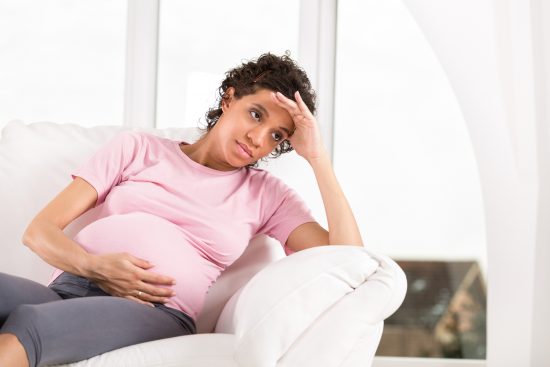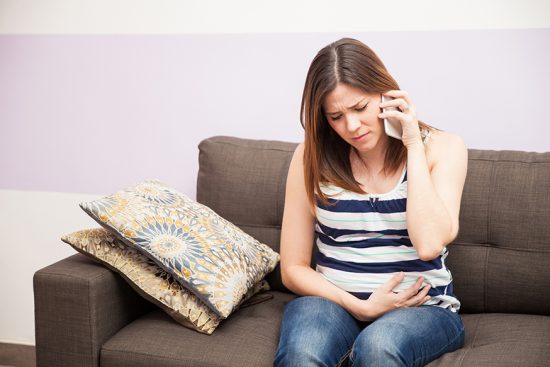This month marks Baby Loss Awareness Week. We speak to Clea Harmer (pictured), Chief Executive of stillbirth and neonatal death charity, Sands, to find out what’s known about baby loss and how we can help women have a safer pregnancy.

Baby Loss Awareness Week is recognised in the UK every year and is held between 9 and 15 October.
This year, 40 baby loss charities are working together to call for improvements to the care that parents and families receive after their baby dies.
The final day of Baby Loss Awareness Week is recognised worldwide as a time to remember all babies who have died.
The week also provides an opportunity to raise awareness of the issues around pregnancy and baby loss.
In some places the bereavement care received is excellent, but sadly in many places it isn’t.

Although no level of care can remove the grief felt by parents, good care can make a devastating experience feel more manageable, while poor care can make it worse.
Alongside the calls for improved bereavement care and the associated parliamentary activity, buildings will be turned blue and pink (the colours of Baby Loss Awareness Week) and social media will be used to raise public awareness.
Around 750,000 babies are born in the UK every year and, for most parents, the birth of their baby is a joyful event. But every day in the UK, 15 babies die before, during or shortly after birth.
There are
some important research studies going on, but there are gaps in our knowledge
Those babies who die before or during birth, and after 24 or more weeks of pregnancy, are said to be stillborn. Babies who die in the first 28 days after birth are said to be neonatal deaths.
These babies die for many reasons, including problems with the placenta, infection and genetic or developmental conditions.
But for many babies – around four in every 10 who are stillborn – the death cannot be explained.
In order to fully understand the reasons that babies die it is also important to carry out a full review after each death.
There are some things you can do including:
There are some things you should also tell your midwife about:
There are some things you might want to ask your midwife about:
There are some things you may also wish to think about:

Sands is a stillbirth and neonatal death charity that works to reduce the number of babies dying before, during and after birth – and to improve care and support for anyone affected by the death of a baby.
We have around 100 local groups across the UK run by our fantastic volunteers – all bereaved parents themselves – offering support and friendship in one-to-one and group sessions on a regular basis.
We work to improve bereavement care by offering training, resources and information to healthcare professionals.
We offer bereavement support with our helpline, online forum, support literature and memory boxes
We are also leading a group of charities and healthcare professionals in rolling out a national bereavement care pathway to try and ensure that all parents everywhere get the same, excellent bereavement care.
A key way that Sands works to reduce the number of babies dying is to support research into the reasons that babies die.
And we highlight the need for a review of every baby’s death which includes the parents where they want to be included.
It is also important to raise awareness of the issues around stillbirth and neonatal death – including the safer pregnancy messages (see box above).

Always talk to your midwife or healthcare professional.
They would much rather women contacted them if they’re worried in any way at all, instead of staying silent and something serious being missed.
And, remember Sands is always here to offer support, so get in touch if you need us.
Support for parents who’ve experienced the loss of a baby
NCT information about stillbirth causes and support
Information on safer pregnancies
Information about Baby Loss Awareness Week
Twitter @BLA campaign
#babyloss #waveoflight
Facebook
#babyloss #waveoflight